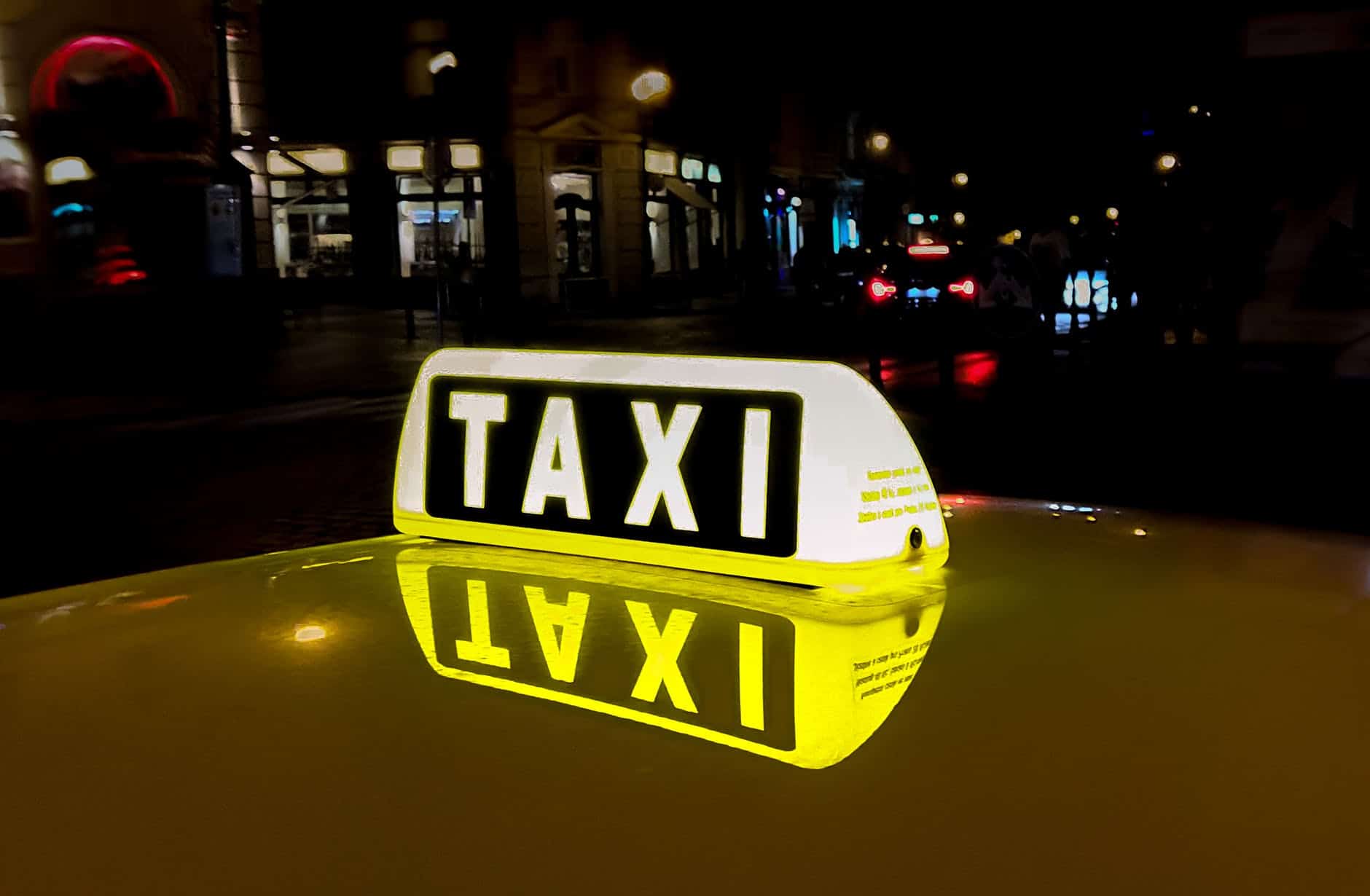Taxi Drivers Demanding Compensation from Mississauga Over Revenue Lost to Uber and Lyft
Published March 12, 2019 at 6:46 pm

When the car-for-hire industry was disrupted by the arrival of ride-sharing companies such as Uber and, later on, Lyft, the long-standing taxi industry made its displeasure known.
Now, almost two years after launching its Transportation Network Company (TNC) pilot project–that project that allowed ride-sharing companies to formally operate in Mississauga–the city is facing calls for compensation from members of the taxi industry.
Taxi licence plate owner Sami Khairallah recently penned a letter to City Councillor Ron Starr, asking the city’s Public Vehicle Advisory Committee (PVAC) to compensate licence plate holders to the tune of $50,000 per owner.
He’s asked that the $50,000 be paid in three installments.
“As I am sure you are aware that the taxi industry has nearly hit rock bottom. The supply management that the City of Mississauga had previously had in place for decades had been destroyed as soon as the decision was made to allow an unlimited number of TNC vehicles to hit Mississauga roadways with very minimal amount of regulations or barriers to entry,” wrote Khairallah.
In the same letter, Khairallah warns of dire consequences for public transit as well.
“This resulted in the total destruction of the taxi industry and has clearly affected the ridership on public transit especially through increased usage of services such as UberPool express. The taxpayers have invested billions in infrastructure to build public transit that will be severely underutilized if this situation continues.”
In the letter, Khairallah says the city’s decisions on how to manage the TNC companies directly resulted in the loss of 70 per cent of the taxi market share.
“The hardworking cab owners deserve to be compensated because the city is responsible for creating the situation they find themselves in,” he writes, comparing taxi licence plate holders to milk producers who have been battling the federal government in the wake of the difficult NAFTA negotiations.
In the letter, Khairallah says that the limits the city has placed on taxi cab licences (which can be transferred to a new owner or returned to the municipality) initially made them extremely valuable. Now, he argues that the value–which some plate holders were depending on for their retirement–has diminished significantly.
“The federal government is compensating milk producers for giving up 3.6 per cent of their market share. The city should compensate the cab owners that held licenses at the start of the pilot project to the tune of $50,000 per owner paid in three installments. These funds should be collected through either a per trip fee or lump sum directly from the TNC Companies that wish to operate in the City of Mississauga.”
The pilot project is ongoing, meaning that, as of now, Uber and Lyft can continue to operate in Mississauga.
Earlier this month, Mississauga City Council said that staff will investigate compensation models from Quebec and other jurisdictions in consultation with legal services and report back to General Committee with further information.
The city has not yet determined whether or not it will compensate taxi licence plate holders.
insauga's Editorial Standards and Policies advertising





